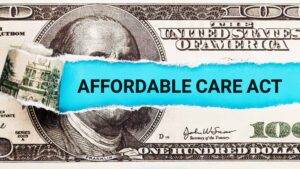
The IRS extended COVID-19 pandemic relief for tax payments due on Apr. 15, 2020 until Jul. 15, 2020 in response to the ongoing Coronavirus Diseases 2019. The grant of relief is for PAYMENTS ONLY. It does not extend the filing deadline dates. Any person with a Federal income tax payment due on April 15, 2020 to be an affected person. Payments of federal income, including self employment tax, due on April 15, 2020 are postponed to July 15, 2020.
For any postponed payments,
- No penalties,
- No interest or
- No additions to tax
will be assessed for the period April 15 to July 15, 2020. Penalties, interest and additions to tax will resume on those payments beginning July 16, 2020.
The postponement also applies to estimated tax payments due on April 15, 2020 for a taxpayer’s 2020 taxable year. The amount on which payment can be postponed is $1 million for individuals. The $1 million amount is per taxpayer, but will not be doubled for joint returns. The amount for a consolidated group or for a C corporation that does not join in a consolidated return is $10 million. Penalties, interest and additions to tax will apply to amounts in excess of these thresholds.
Comment: There may be a planning angle for those taxpayers who file joint returns and have payments due of more than $1 million to file separately. Each spouse would be granted an interest and penalty free extension to July 15th.
Notice 2020-17 is clear that the extension applies only to payments of income tax and not for the payment or deposit of any other type of Federal tax, or for the filing of any tax return or information return.
Recent Stories


Trump Accounts and New Form 4547


The ACA Enhanced Subsidy Expires





